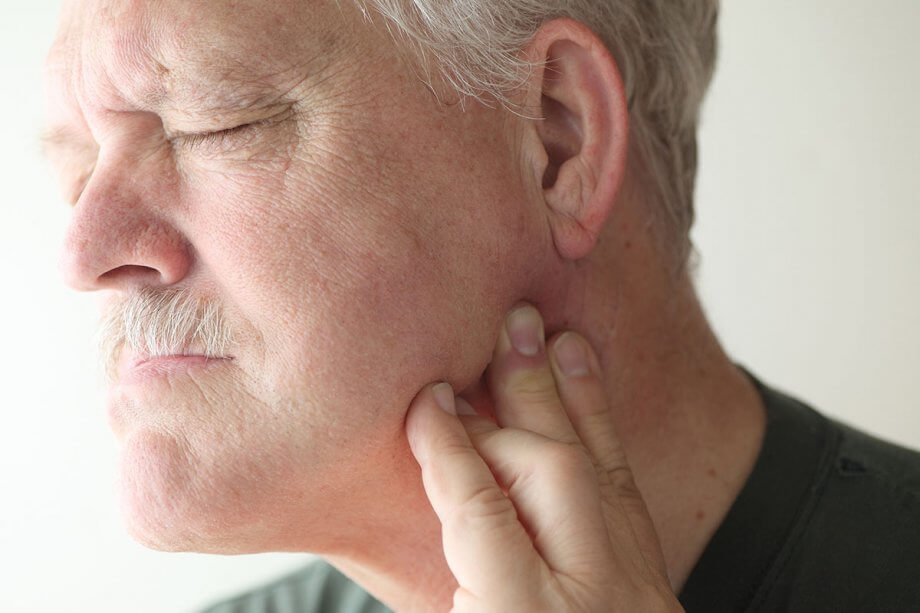Your temporomandibular joints, or TMJ for short, are some of the most complicated pieces of your skeletal system, so it is no surprise that just over 10% of Americans suffer from TMJ complications. Although women are nine times more likely than men to develop problems with these joints, problems with your TMJ can lead to serious health risks if left untreated.
Temporomandibular Joints
Located at your skull’s base, the temporomandibular joints connect the temporal bone on the side of your skull with your lower jaw, allowing you to chew and speak. Whereas most joints only allow for up and down movement, TMJ also allows for side to side motion as well. Unfortunately, the complexity of the joint does have a downside, as disorders related to it are difficult to correct.
TMJ Disorders
There are a variety of problems that could occur with your TMJ, and they are all classified as TMJ disorders. Because of this, there are not only a wide variety of symptoms, but also several potential causes--and treatments--for whichever TMJ disorder ails you. Some of the possible sources of TMJ disorders include:
- Injury
- Surgery
- Teeth Clenching
- Arthritis
- Infection
Certain people may be more susceptible to TMJ complications due to genetics, while others may have problems due to their hobbies or line of work. Because women are much more likely to have problems with their TMJ, it is also believed that hormones may play a part in developing the disorders.
TMJ Symptoms
Just as there are numerous causes for TMJ problems, there are also a variety of symptoms you may experience due to complications caused by your TMJ dysfunction. Although some TMJ disorders may eventually correct themselves within a matter of weeks or months, some issues may be chronic and have ongoing symptoms that should not be ignored. These symptoms are:
- Headaches. While many illnesses and disorders cause some level of discomfort, TMJ disorders usually present themselves through migraines and recurring headaches. If over-the-counter pain relievers are not enough to deal with this pain, it may be time to see an oral surgeon to have your TMJ disorder diagnosed.
- Stiffness. If you are unable to move your jaw, or simple motions such as chewing food or yawning cause you pain, you should see a specialist right away.
Noises. Although there is generally no pain associated with it, TMJ disorders can cause grinding, popping, and clicking noises when you open your mouth to eat or speak. While this does happen normally, alongside the other two symptoms it may be cause for alarm.
Treatment
Depending on the extent of your TMJ disorder, you may be able to treat the condition yourself through an array of lifestyle changes, such as not chewing on gum or tobacco, improving your posture, and wearing a guard at night to prevent teeth grinding. Massaging and strengthening the muscles around your jaw is another option that may make the problem go away on its own.
For more serious cases, however, a visit to an oral and maxillofacial surgeon may be necessary. If you are experiencing any or all of the symptoms listed here and it appears there may be a problem with the joint itself, an oral and maxillofacial surgeon may recommend nonsurgical treatment and, for more extensively damaged joints, surgical therapy. In the most extreme cases, compromise of the entire joint is evident and replacement of the joint itself on one or both sides may be discussed although this is a rare occurrence.
No matter what treatment option you decide is best, it’s important to consult a Board Certified Oral and Maxillofacial Surgeon for a second opinion. Don’t ignore the symptoms of TMJ, as they could lead to further complications down the road!
Ready to Get Started?
If you suspect you may be suffering from TMJ disorder and are looking for a knowledgeable, professional dental expert, Contact Costello Oral Surgery Associates at 201-712-5556 to request an appointment!

